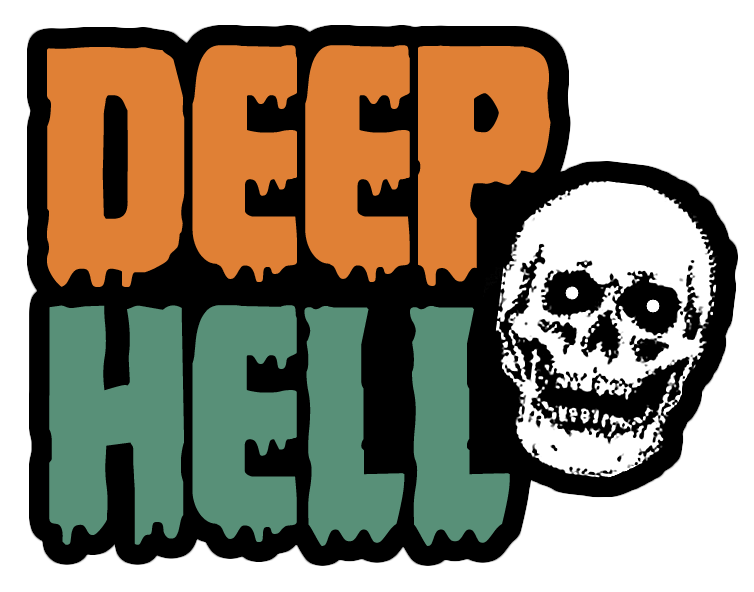The promises of space have long been a goal point for videogames. We’ve been opining for a fully seamless universe to explore for decades now. From our earliest attempts, to latest monolith scams of empty promise and actor likenesses. The goal is always the same: We will give you capital S Space.
One of the versions of Space videogame developers try to give us (maybe not often enough) is the Star Trek version. A galaxy defined not by the vastness and emptiness, but the possibility of meeting other life. To go to strange worlds and look upon their sky as if it was our own. What will we learn? What can we teach?
Mass Effect was released in 2007. I got to playing it the other week, though it looks like just a little early. Bioware has announced there will be an HD re-release of the entire trilogy. I probably wont ever buy them. Mass Effect is best enjoyed, if at all, by having to reckon with when it was released. To go back in now is to see the sci-fi politics of a world still holding onto the idea that someone else can come and change things. It is the bravado of American posturing and still before the depression of the Depression.
What Mass Effect wants you to know about the universe before you even see most of it is known almost immediately. Before the game even had me knowing the names of my crew, it was telling me Humanity First. We’re new to the realm of galaxy politics, and the universe hates us. If someone doesn’t hate us they’re at least suspicious of is. So our Shepard will be the one to show the rest of the galaxy that humanity is tougher, more terrifying and more important than everybody else.
The rest of the plot isn’t worth getting into, because the pull is about whether or not Humanity can be the ones to save the galaxy. Whether the thread is centuries old progenitor races or rampant A.I. – we’re the ones that shoot first. Mass Effect may take inspiration from Star Trek, and though it tries to wear hopefulness on its sleeve it is different in both politics and message.
At first glance too, it’s easy to mistake what the game is saying. There’s the perpetual filter of bloom, the pulsing bright neon. There’s both common friendship and romance between aliens and humans. Yet, on the whole level of the Galaxy, the struggles of the 21st century persist. Slave labor and indentured servitude, mass colonization of indigenous worlds. Testing and eugenics. Is it more realistic than the optimistic science fiction of The Enterprise? Only a true cynic would say so.
If we’ve joined the stars in this galaxy, we have brought our problems into a civilization where everyone is still struggling from them.
Star Trek introduced the idea to pop culture of The Mirror Universe. It’s where you go to find that another version of you has a goatee and sets other people on fire. It’s been often parodied, but there’s something still compelling about it when it would still come up in later seasons. Things weren’t different because there needed to be an “evil” universe, and the people there made decisions all their own. What was different was that it was a universe where humanity could not overcome it’s basest desires. The callous need for superiority and domination. One episode would go so far as to have a character say that compassionate ideologies had been all but eradicated.
Mass Effect is this mirror universe. The place where all decisions can be boiled down to “I can shoot you now” or “The law says I can shoot you now.” Compassion is examined by “Paragon” choices that are usually just embracing an idea of neoliberal lawfulness. Let someone get away so someone else can kill them later. Wash your hands of conflicts and let one race genocide another. Often, the laws of this universe make no immediate sense.
As Shepard, our ship the Normandy has a secondary mission. While trying to save the galaxy, we can also explore it. It is in these moments that Mass Effect’s most difficult to reconcile parts come to head. Under these strange skies, there is quiet. Our mission of exploration is almost never one of recording or respect. As a videogame, there must be mechanically, a purpose to be some where. So these planets are littered with valuable minerals, with hostile local creatures that need to be killed to progress. Every so often there will be some kind of base. When they’re not filled with mercenaries that’ll shoot you for walking through the door, they’re filled with prisoners or slavers.
Paragon and Renegade are just ways you talk to people. They never reflect how we act in situations beyond talking to people. Or maybe I could wonder if “renegade” isn’t the default? How many times is the first thing I do drawing my gun when I walk in a room. There’s no room for little else. If I don’t, maybe someone else will do it first.
What kind of universe could produce so many races, so many people – that look to the stars and only saw new ways to exploit others? A universe where the mystical precursor races all used assault rifles. Where planets are either empty clods of dirt and minerals waiting to be exploited or lush city-paradises built on exploitation and greed. It seems to me now that Mass Effect was telling us that if there is a galaxy out there waiting for us to join – it’s because there’s nothing new for humanity to learn out there.

